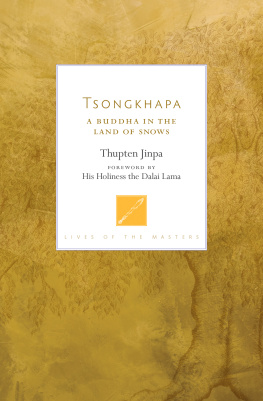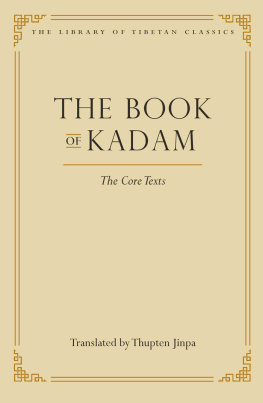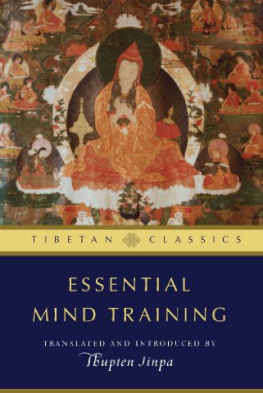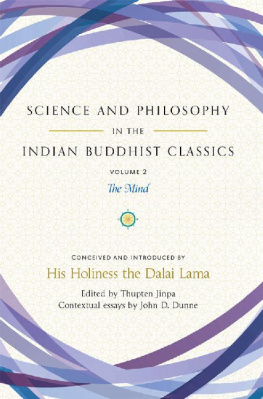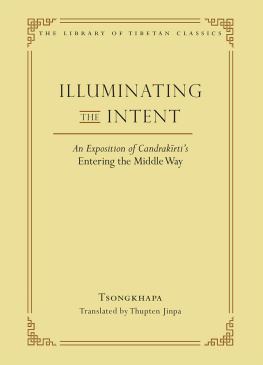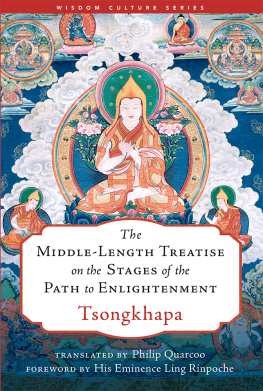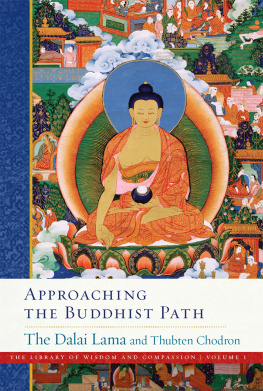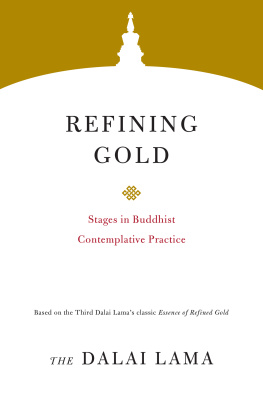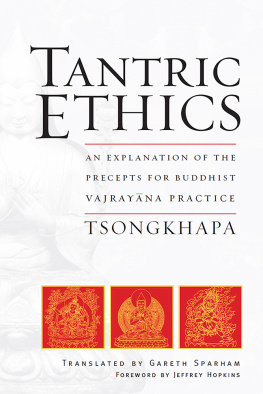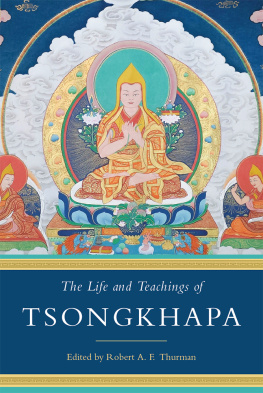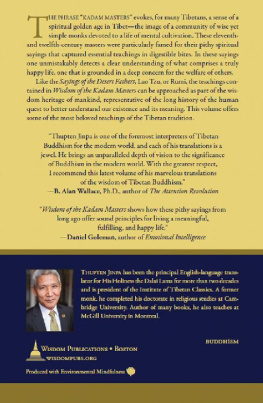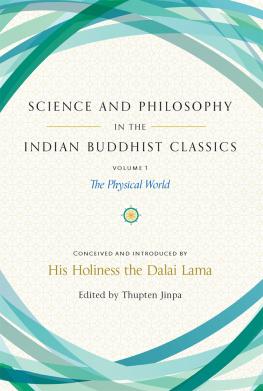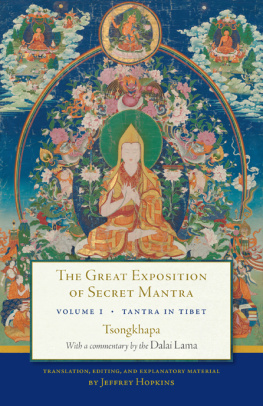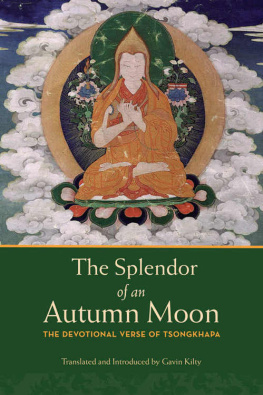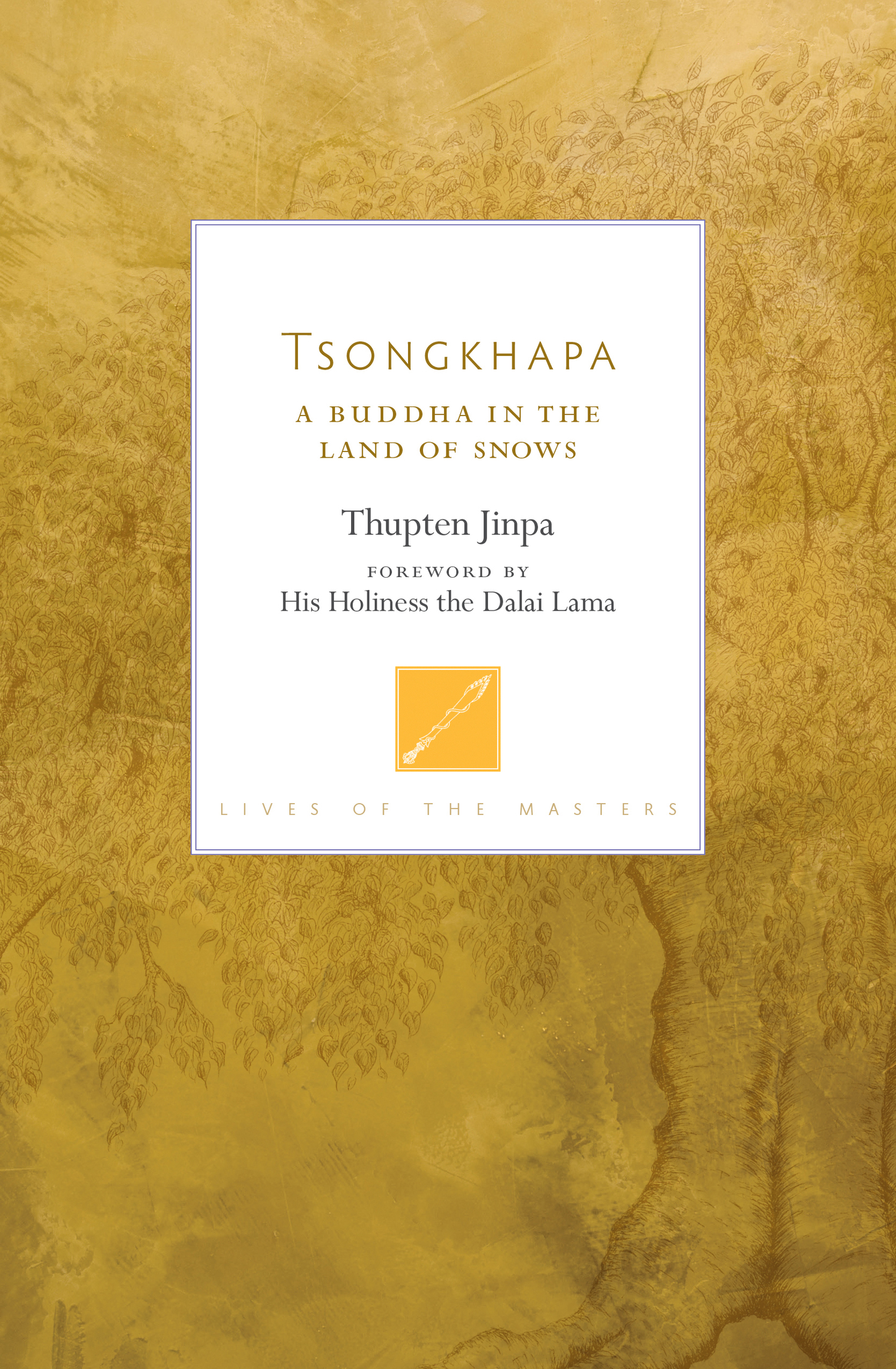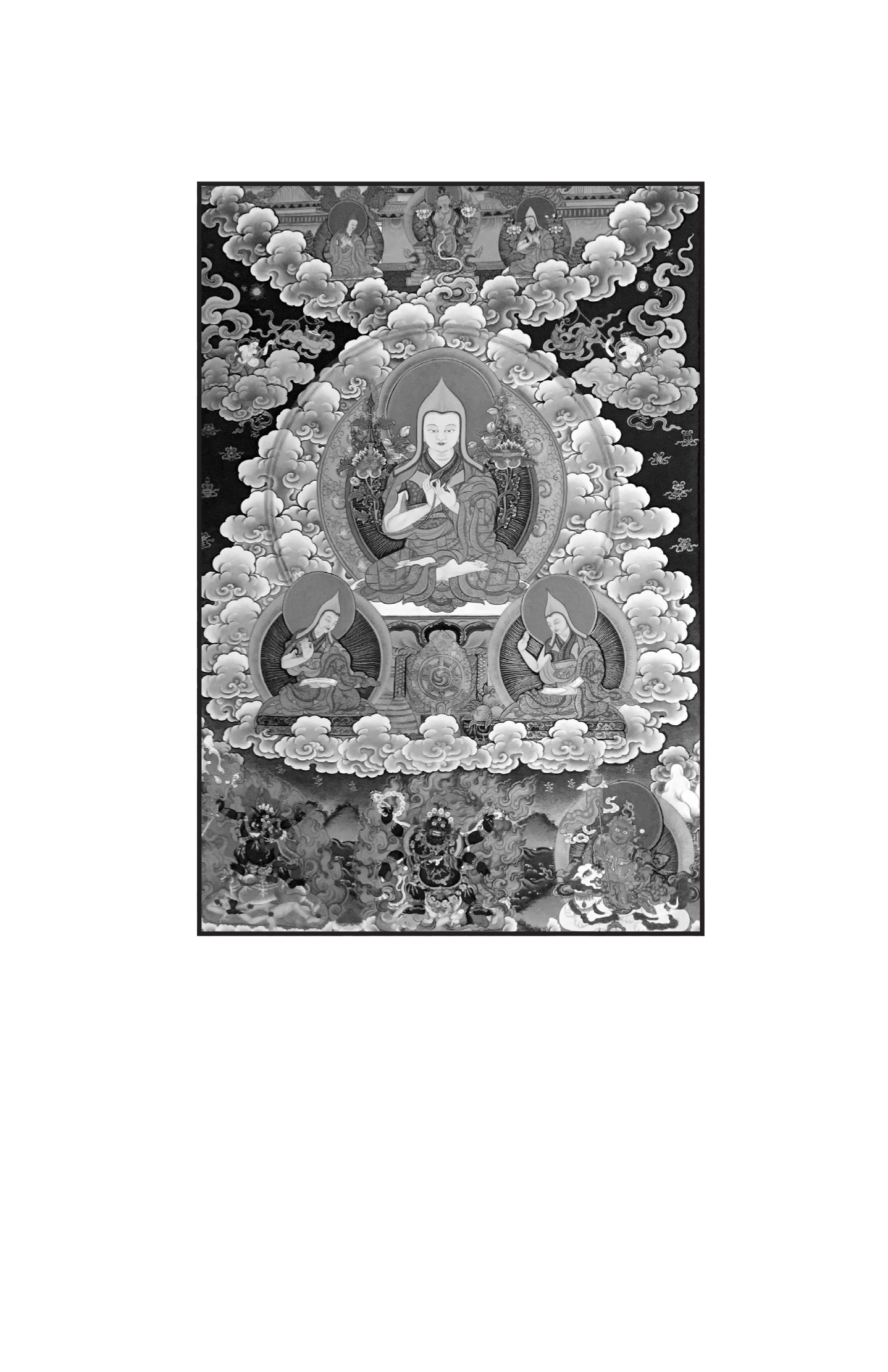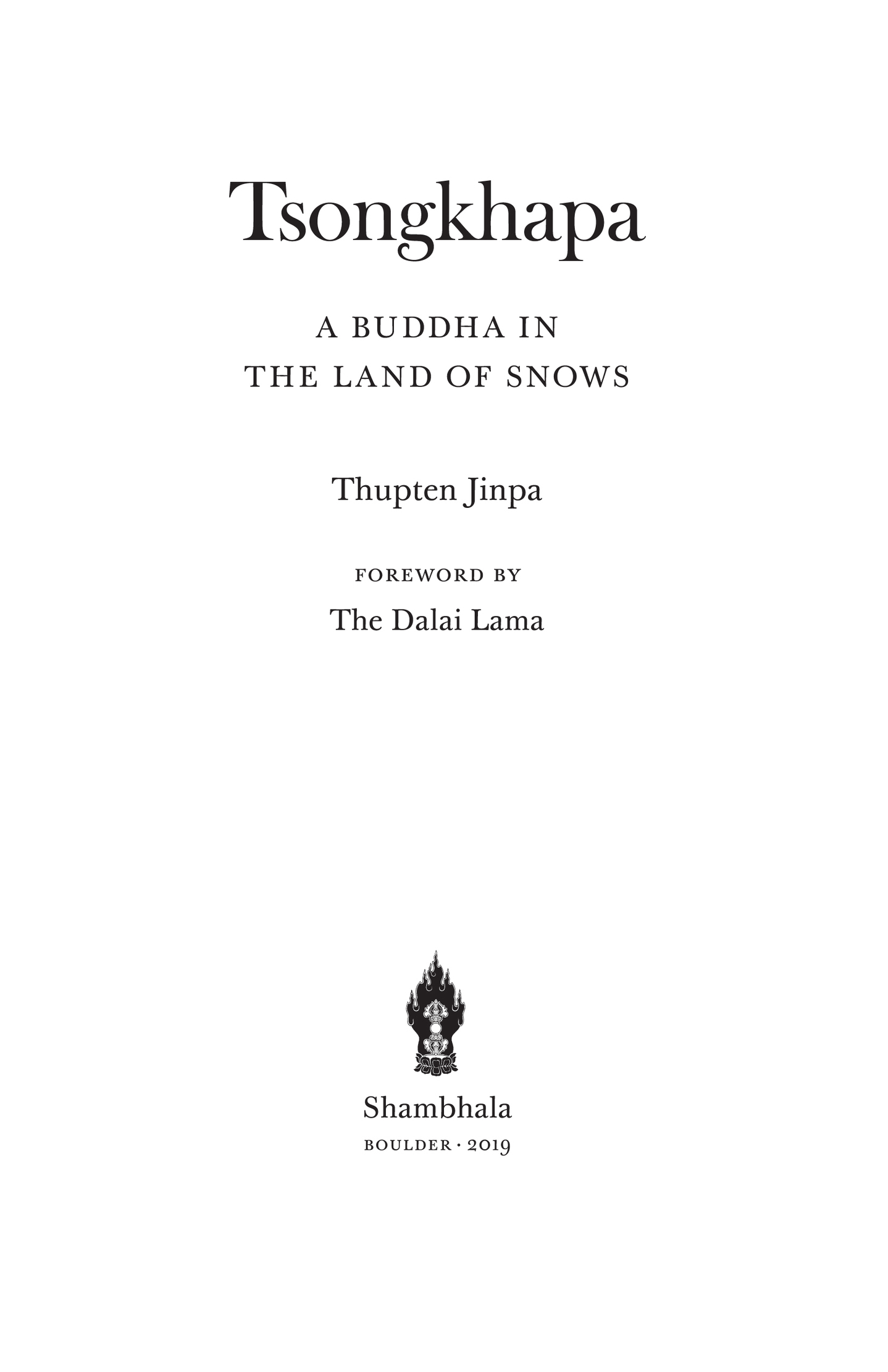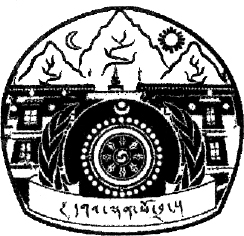B UDDHIST TRADITIONS are heir to some of the most creative thinkers in world history. The Lives of the Masters series offers lively and reliable introductions to the lives, works, and legacies of key Buddhist teachers, philosophers, contemplatives, and writers. Each volume in the Lives series tells the story of an innovator who embodied the ideals of Buddhism, crafted a dynamic living tradition during his or her lifetime, and bequeathed a vibrant legacy of knowledge and practice to future generations.
Lives books rely on primary sources in the original languages to describe the extraordinary achievements of Buddhist thinkers and illuminate these achievements by vividly setting them within their historical contexts. Each volume offers a concise yet comprehensive summary of the masters life and an account of how they came to hold a central place in Buddhist traditions. Each contribution also contains a broad selection of the masters writings.
This series makes it possible for all readers to imagine Buddhist masters as deeply creative and inspired people whose work was animated by the rich complexity of their time and place and how these inspiring figures continue to engage our quest for knowledge and understanding today.
THE DALAI LAMA
I WELCOME THE PUBLICATION of this new biography of the great Tibetan scholar-yogi J Tsongkhapa compiled by Dr. Thupten Jinpa Langri.
Born in 1357 in Amdo, northeastern Tibet, and educated in central Tibet, Tsongkhapa led a life that exemplified the importance of study, critical reflection, and meditative practice. In an autobiographical poem he declared:
First I sought wide and extensive learning,
Second I perceived all teachings as personal instructions,
Finally, I engaged in meditative practice day and night;
All these I dedicated to the flourishing of the Buddhas teaching.
By the end of his life, 600 years ago, Tsongkhapa was widely revered across Tibet. He had studied and corresponded with the most renowned teachers of his time, from all the major traditions, and had spent years in meditative retreat. His collected writings fill eighteen volumes and cover a wide range of topics.
His teachings have been crucial to my own education. As a young boy I memorized his verses in praise of the Buddha for his explanation of dependent arising. My scholarly training entailed studying his works elucidating the great Indian classics of Ngrjuna, Asaga, Maitreya, and Candrakrti. My respect for his Great Treatise on the Stages of the Path to Enlightenment was such that when I fled Lhasa in March 1959, I made sure I took my own copy with me. Later, in the 1960s in India, reading his Elucidation of the Thought I came upon lines that stated that the I is merely designated on the basis of the psycho-physical aggregates, and I felt as if Id been struck by lightning. Subsequently, I realized that what I had understood at that moment was the coarse selflessness of a person.
An important part of Tsongkhapas legacy is the emphasis he placed on critical analysis as essential to the attainment of enlightenment. He revitalized the approach, typical of the Nalanda tradition, that takes reasoned philosophical scrutiny as essential to understanding the nature of reality. In preparing The Golden Rosary, his commentary on Maitreyas Ornament for Realizations, he analyzed and critically compared the positions of twenty-one treatises by Indian masters before determining his own interpretation. He went out of his way to clarify the most difficult points. When I asked an eminent Indian scholar of Sanskrit literature how J Rinpochs treatises compared with the works of the great Indian masters of Nland, he replied that even in such illustrious company, Tsongkhapa would have been considered outstanding.
Tsongkhapas meticulous approach, when interpreting crucial philosophical issues, of going back to the authentic Indian sources rather than relying solely on Tibetan commentaries, has inspired me too to delve into the great Indian treatises. Consequently, I regularly read the works of great masters like Ngrjuna, ryadeva, and Candrakrti. Whenever the opportunity arises, I receive the oral transmission of such texts to pass on to others in the hope that they too will read and study these books rather than letting them merely gather dust on the shelf.
Tsongkhapa had a far-reaching impact on Tibetan tradition. In terms of the three higher trainings in ethics, concentration, and wisdom, he wrote, Those who wish to discipline others have first to discipline themselves. His strict adherence to the culture and practice of vinaya, or monastic discipline, set a widely admired standard. His thorough and illuminating writings about Madhyamaka philosophy profoundly enriched Tibetan understanding of Ngrjunas school of thought, stimulating critical thinking about the deeper implications of the view of emptiness. Moreover, his systematic exploration of Buddhist tantra, especially the highest yoga systems of Guhyasamja and Cakrasavara, has ensured not only that their practice has flourished but also that they have been more clearly understood.
I continue to study Tsongkhapas writings, particularly his Essence of Eloquence that explores which of the Buddhas teachings can be regarded as definitive and which are provisional, as well as Ocean of Reasoning, his consummate exposition of Ngrjunas Treatise on the Middle Way. While remaining a life-long student, I have also been fortunate to explain many of Tsongkhapas texts to others in the hope of keeping alive the tradition of study, teaching, and practice based on his writing and thought.
I congratulate Thupten Jinpa, my translator of many years, for preparing this fresh biography of J Tsongkhapa. I am confident that it will enable a broader readership to appreciate the life, thought, and legacy of this exceptional Tibetan philosopher and teacher.

